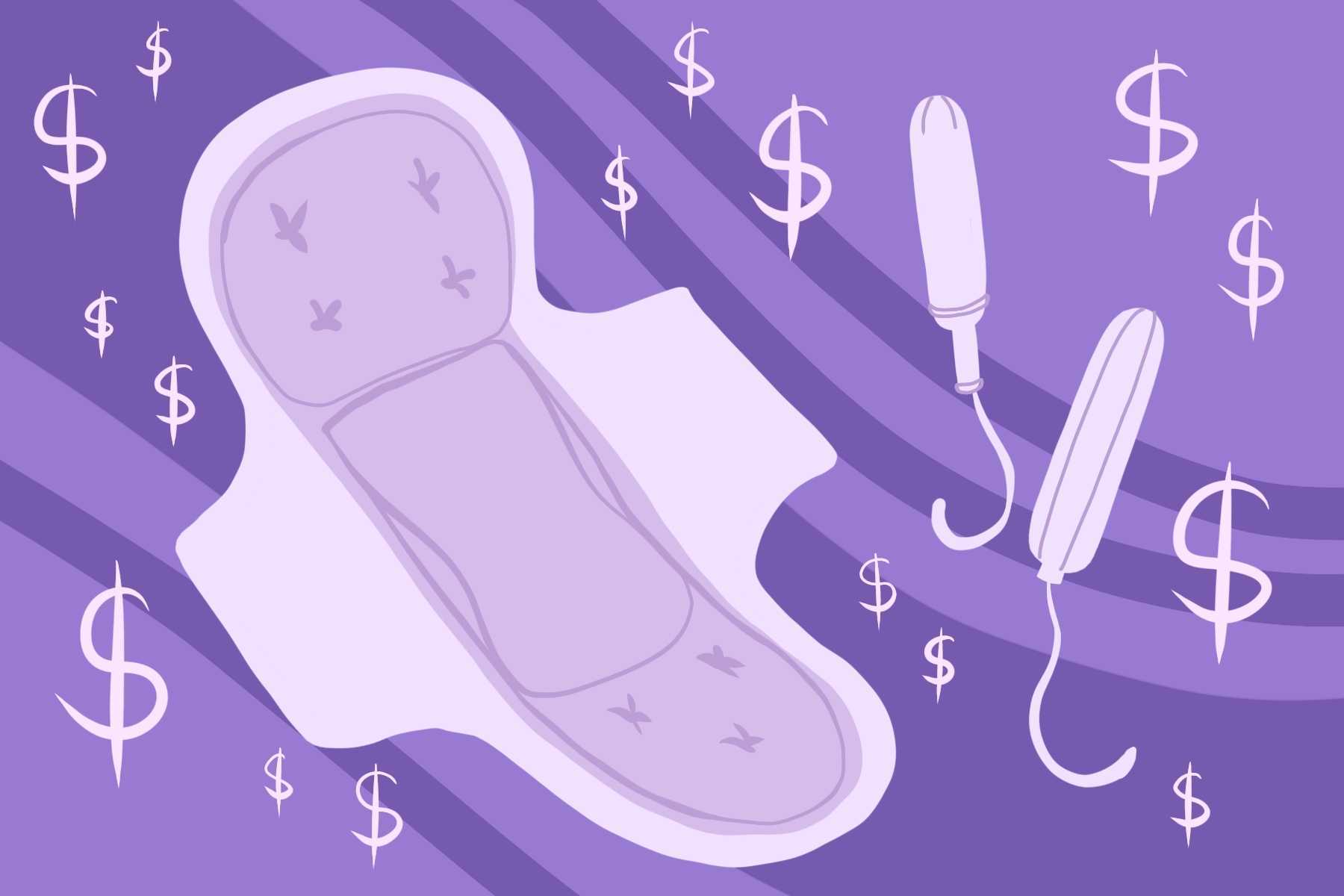Across the United States, millions of women and girls lack proper access to menstrual supplies and sanitary products. This is commonly referred to as period poverty — a hidden crisis that severely impedes women’s health, safety, education and quality of life. Although it is typically framed as an issue only affecting low-income nations, period poverty continues to run rampant throughout the United States. Despite its rare discussion, the consequences of period poverty are far-reaching and deeply devastating.
Interruptions in Education
Period poverty has a disastrous impact on young girls’ education. In fact, lack of access to adequate period products is one of the most common reasons why female students across the nation skip school. In a study of over 1,000 female teenagers, it was revealed that up to one in five girls struggle to afford menstrual hygiene products, and two-thirds of the girls have felt stress due to their lack of suitable period supplies. Even worse, 84% of the surveyed teenagers claimed that they have either missed instructional time or knew someone who had missed instructional time because they did not have access to proper menstrual supplies.
To avoid the fear or embarrassment of scrambling to ask friends for period products or unknowingly bleeding through their clothes during class, many girls from low socioeconomic backgrounds choose to stay home from school until their period ends. Over the course of the school year, this behavioral pattern can interfere with a student’s education, causing girls to fall behind academically and struggle to maintain the same pace as their peers. In cases where schools have strict attendance policies, period poverty can also lead to unfair disciplinary actions. The repercussions of period poverty on education are complex and multifold, disadvantaging girls in more ways than one.
The Cost of Menstruating
Despite the fact that period products are a basic health necessity, sanitary products are highly expensive. In the United States, the average woman spends $9 a month on period products. Month after month, the cost of pads and tampons adds up to be a harsh financial burden. To make matters worse, women not only have to bear the expenses of pads and tampons, but an array of other menstrual products such as pantyliners, sanitary wipes, pain medication and additional underwear. Unsurprisingly, the cost of menstruation puts a severe strain on low-income women.
Currently, 23 states still charge a tax on tampons. This tax, sometimes referred to as the “pink tax,” allows governments to profit off of menstruation — an unavoidable and involuntary bodily process. This highly unethical practice increases the already-high cost of tampons. Although period products are essential for women’s health and sanitation, this tax exists because the states classify tampons as a “luxury good.” For years, advocates have pushed to eradicate the tampon tax, given the fact that it specifically disadvantages economically vulnerable women and is inherently misogynistic. Nevertheless, this covert form of gender-based discrimination remains a common legal practice in the United States.
Lack of Awareness
Although periods are completely natural, many people still consider menstruation to be a taboo subject. The stigma surrounding periods makes it difficult for women and girls to openly discuss menstruation and the challenges that it brings. In fact, many young girls feel too ashamed or humiliated to discuss their needs during their period.
The shame shrouding menstruation has led to insufficient awareness of period poverty, which severely exacerbates its prevalence in the United States. Without the ability to discuss period poverty transparently, countless women and girls across the nation continue to suffer without any recognition, support or assistance. Period poverty is not only under-discussed, but it is also insufficiently researched. There is a surprising lack of data about the extent and frequency of period poverty, making the crisis even more difficult to adequately address.
Urgent Need for Change
To reduce the extent of period poverty, several crucial steps must be taken. First and foremost, period poverty must be recognized as the true crisis that it is. It must be addressed as frequently and with as much urgency as other forms of poverty and inequity. Furthermore, states must take action to eliminate the tampon tax. This specific reform has already taken place in many states, indicating that it is an entirely possible feat. Removing this unnecessary and arbitrary financial burden is a simple step toward making period products more accessible, ultimately reducing the extent of period poverty.
Moreover, schools across the nation must be proactive in mitigating the impact of period poverty among their menstruating students. Educational facilities should cater to menstruating students’ needs by providing a range of free menstrual products, including pads, tampons and pantyliners. In many schools, it is a common practice for menstrual supplies to be available in the nurse’s office. While this is certainly a good first step, schools should also provide period products in more convenient locations such as bathrooms. This simple reform will allow menstruating students to access period supplies in a manner that reduces the embarrassment, shame and stress surrounding periods. More importantly, providing accessible sanitation products will help to prevent girls from sacrificing their education as a result of their period.
Although period poverty can be devastating for the health and wellness of women and girls across the United States, there is hope for change. Through broad-based social reforms, legislative change and increased public awareness, period poverty is a solvable crisis. In essence, with the proper resources, it is possible to completely eradicate period poverty in the United States.
















